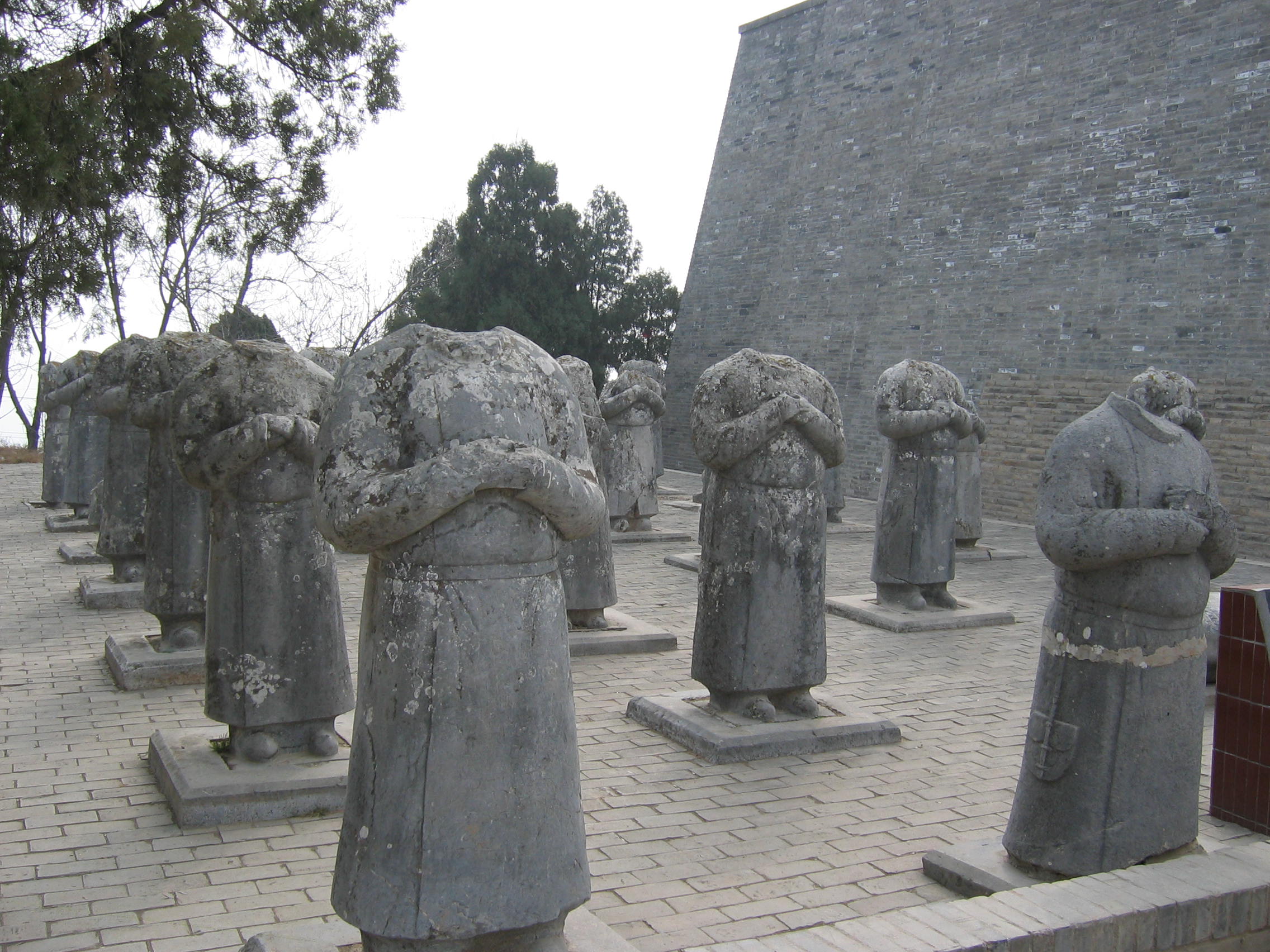Most people’s opinions on anonymity are fairly polarized: either they love it, or despise it. And not so surprisingly, it’s pretty easy to guess which group has not the most to hide, but the most desire to find out what others have to hide. And as anyone who reads here should know, I value protection of privacy greatly, even if I don’t take advantage of it regularly for the sake of convenience.
The truth is, there is much more out there watching us than conspirators or the government. Every single thing you do on a computer is tracked and sold to marketing companies. Every time you turn your phone on, it leaves a digital paper trail. Your bank, your insurance company, your employer, your mortgage company, even your regular shopping trips, all track what you do.
So how do you balance convenience with security? Do you really want corporations, banks, and politicians knowing everything you do? Well, up front we don’t. But our actions say otherwise. Privacy, as we know it, is dead.
Excuse 1: Ignorance
I think the majority of people fall into this descriptor. They honestly don’t know how much they’re being watched, and not in a paranoid way. I mean how they’re being studied and their habits are being aggregated to be sold to some sleazy internet marketer. Did you know your computer tells on you? Every website you hit, every social media site you visit, every purchase you make, is recorded and archived for future use. Everything.
Would you give a complete record of your buying habits to a complete stranger? What about pictures of all your kids, complete with locations, schedules, and a list of things they’re interested in? Wouldn’t that sound kind of creepy??
But that’s what we do. Every day, when you post on Facebook or Google+, you’re associating habits with your identity. Every time you buy something online, or through a big-data retailer, you’re letting them amass data on everything you do and like. Your schedule, your budget, your waist size- they know everything. Most people don’t even realize it. And even if you pull back from social media, Google and Facebook can recognize your face in your friend’s pictures. So even if you don’t have an account, people can find you, where you’ve been, and what you like. Yes, really. This is the world we live in: Orwell was right all along. Big Brother is here and now.
Excuse 2: Mutual Benefit
This is where most people’s ideas of “privacy” fall. I’m exchanging my personal information for a benefit: discounts, or information, or something.
But what are they really offering you in return for exposing your intimate personal life? A few dollars off? Targeted advertising? Junk mail and spam? If you could add up all the benefits, how much would it be worth monetarily? $100? $1000?
And so the question is, how much is your privacy worth? You might argue “that depends on what they do with my information,” and you’d be right. But who controls that? I’ll give you a hint: it isn’t you. Not okay with companies telling others your every life detail? Too bad, you don’t get a say.
Weigh the Options
And so now, we’re to the point where if we don’t want to participate in Big Data mining, we have to go out of our way and jump through ridiculous hoops to avoid it. Invasion of privacy is now the norm, and anybody not okay with is viewed as abnormal: a deviant or even a threat.
But in reality, nobody should be forced to forfeit their personal privacy just to be able to function in society. And this is where we’ve come to in the span of a few short decades.
So what do we do?
I’d say that the effort of trying to remain anonymous to prying eyes is of limited financial benefit: it’s important in principle, but in reality, hardly anyone is going to go through the trouble of buying everything with cash-paid gift cards and having things shipped to a PO box. It’s painstakingly difficult to have an untraceable phone, or untraceable anything, and it’s like that by design. It’s intentional.
I propose, then, that we choose carefully what is important and what isn’t. Is keeping our shopping habits private worth the trouble? Probably not. Is our personal information, family connections, and religious opinions worth keeping private? It should be: you can lose your job, or be threatened in real life if you say the wrong thing on Facebook or Twitter. People get death threats, get put out of business, become ostracized, and worse, simply for speaking their mind.
This is the crazy world we live in. Because of Big Data, we no longer have true freedom of speech, as everything we do and say can be tracked by our friends… and our enemies. Yes, enemies.
If you live a full life and speak out openly about your faith, or question current events and politics, or even voice an opinion about the government, you will eventually be targeted. Not if… it’s a matter of when.
The Truth About Anonymity
Most people are fine with living very quietly and not saying anything incendiary, for the sake of keeping the peace. I’m one of those people! But sometimes, when you’re outraged enough and you want to say something, you hesitate- because you know the backlash will be significant.
The truth is, being anonymous can be used to protect the guilty. But it can also be used to protect the innocent, to protect your free speech. If you have nothing important to say, I’m sure that’s not an issue in your life. But if you want to speak out about a hot topic, there’s always the thought in the back of your mind: “what will happen if I say this?” And in a country that was founded on freedom of speech, this shouldn’t ever happen.
If you are against anonymity, you’d best think long and hard about how it protects you. It is the digital equivalent of the fifth amendment!
The end result of Big Data is that anything you do can be traced back to you, whether you want it to or not. This effectively eliminates anonymity. Even using obfuscation methods like Tor and anonymous proxies aren’t foolproof: almost every single route is monitored and can be compromised by someone with enough persistence.
But in a world where it is becoming a crime to be anonymous, it may never be more important to have that ability than now.
It’s not that you have to be anonymous: it’s that you couldn’t if you needed to. And that’s not something I’m willing to easily give up.


Yes sir. Spot on comments and analysis.
Thanks. I’m really appalled that we have come to this point, but I guess I can’t say we didn’t see it coming. It’s just that most people don’t realize it’s already here.